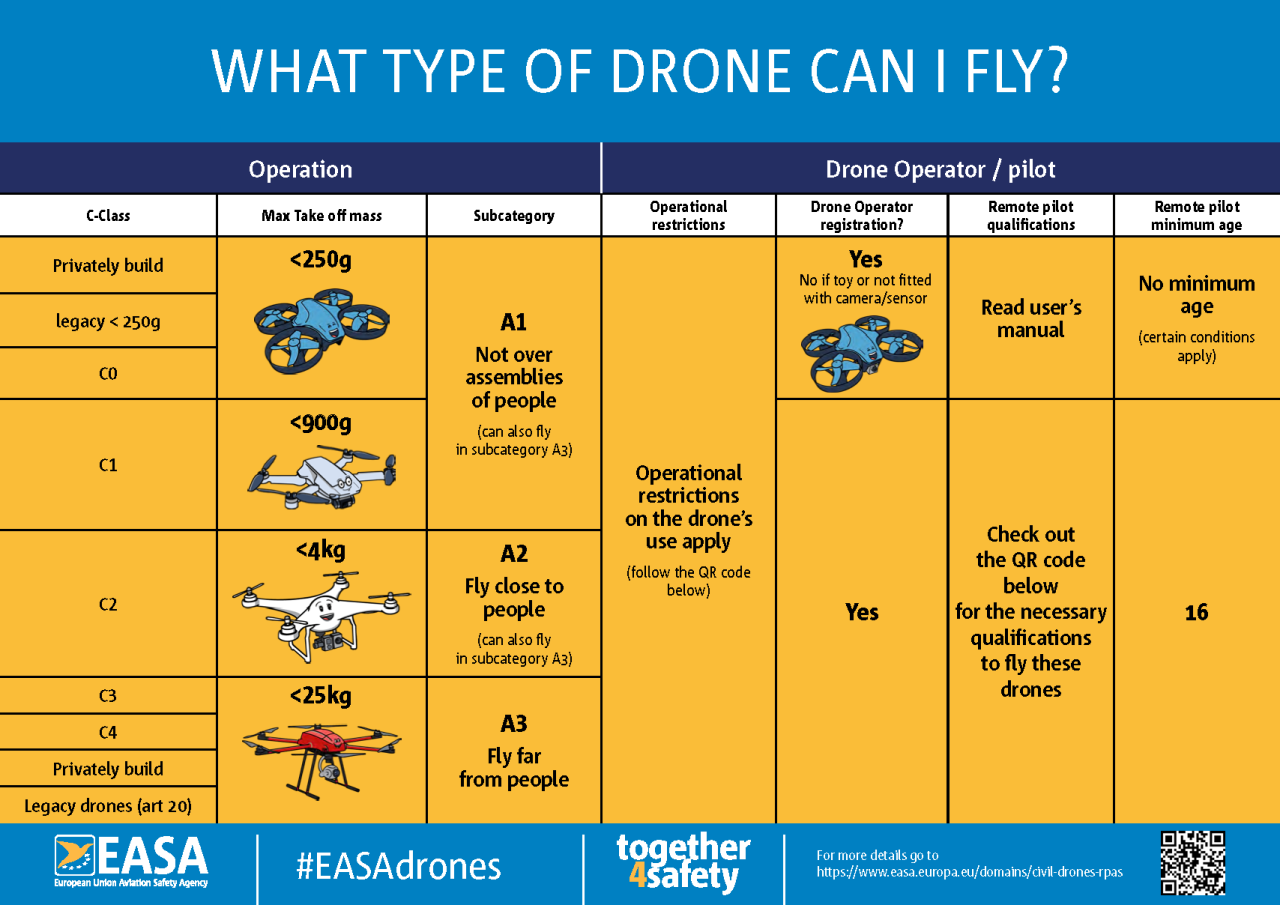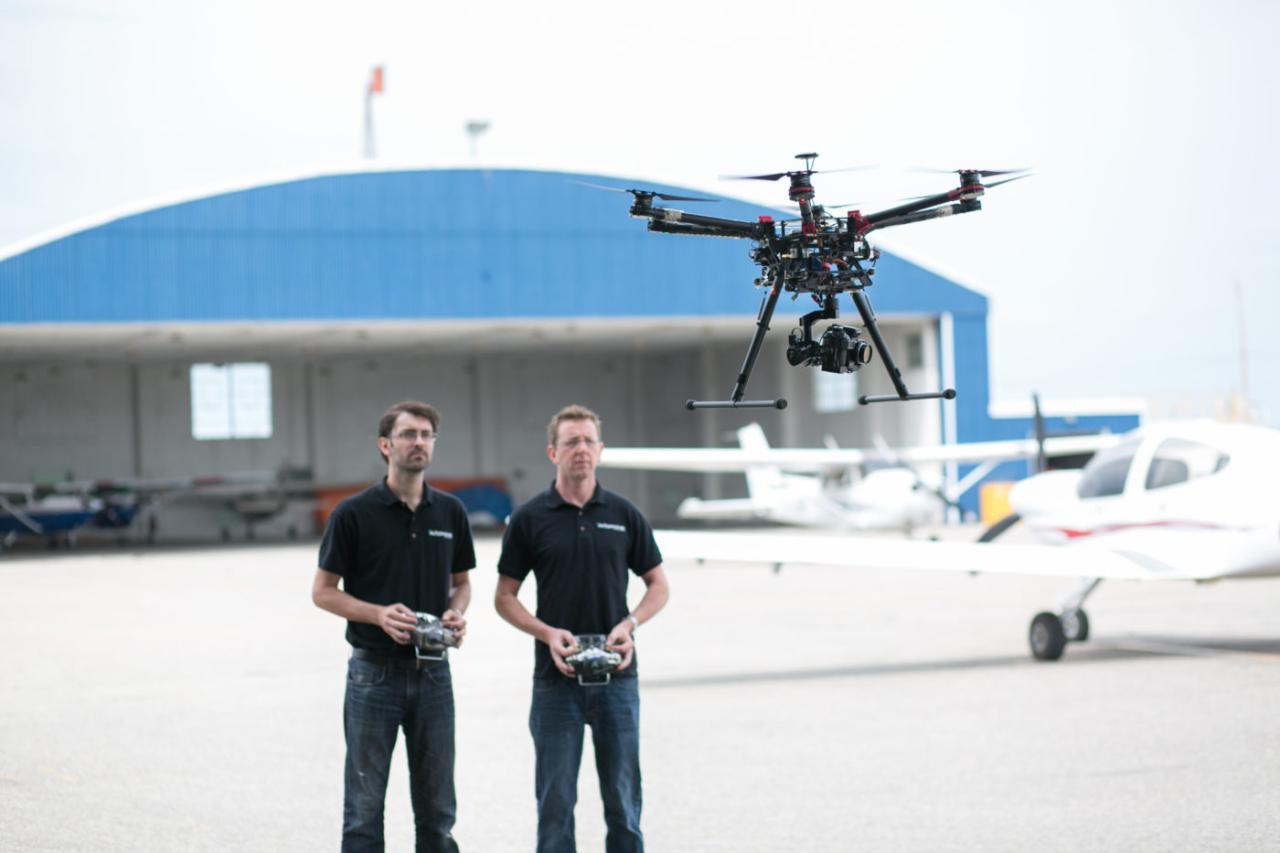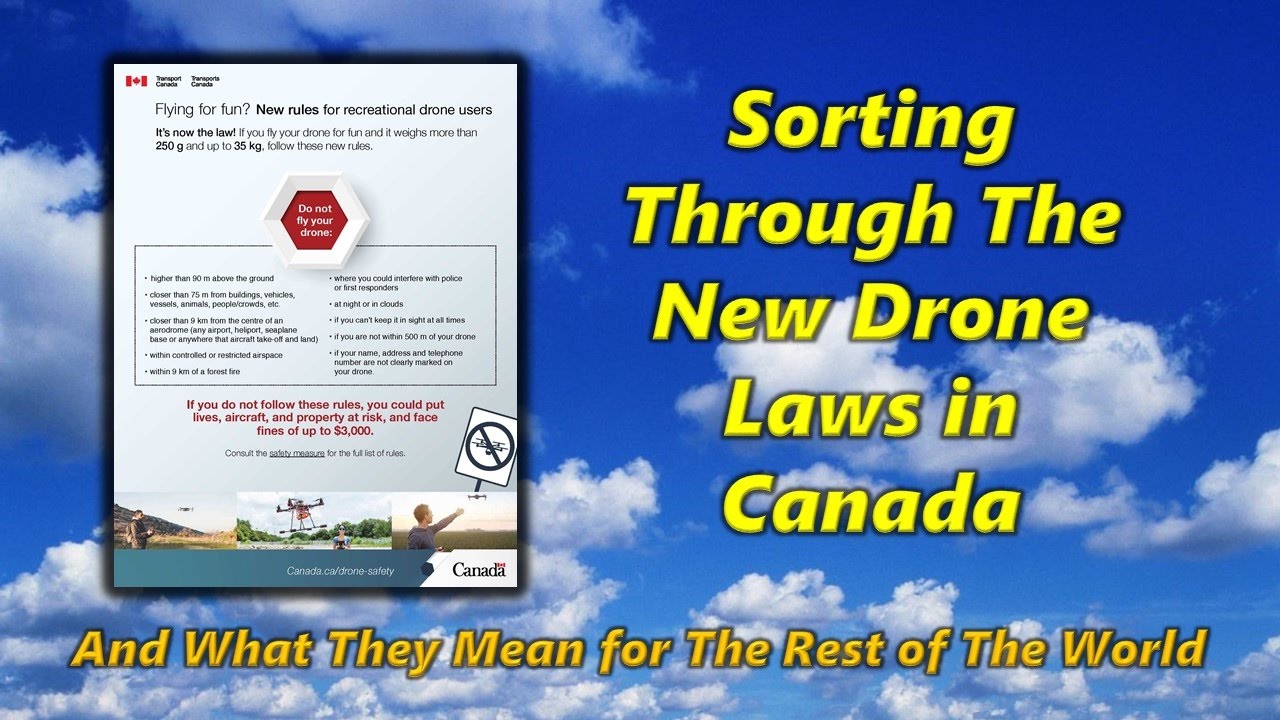New drone rules Canada are changing the game for recreational and commercial drone pilots alike. These updated regulations aim to improve safety and responsible drone operation across the country, addressing concerns about airspace security and public safety. This guide breaks down the key changes, helping you understand and comply with the new rules.
From registration and licensing requirements to operational restrictions and insurance needs, we’ll cover everything you need to know to fly legally and safely. We’ll also explore the penalties for non-compliance and point you towards valuable resources for further learning and clarification. Whether you’re a seasoned pro or just starting out, understanding these new rules is crucial for continued safe and legal drone operation in Canada.
New Drone Regulations in Canada: A Comprehensive Guide: New Drone Rules Canada

Navigating Canada’s drone regulations can feel like flying through a thunderstorm. This guide aims to clarify the key changes in the updated rules, providing a practical overview for both recreational and commercial drone pilots. We’ll cover registration, licensing, operational restrictions, insurance, and penalties for non-compliance, ensuring you’re well-equipped to fly legally and safely.
Overview of New Drone Regulations in Canada
The Canadian government recently updated its drone regulations to enhance safety and address the increasing popularity of drone technology. Key changes focus on clearer definitions of drone categories, stricter licensing requirements for commercial operations, and increased penalties for violations. These updates aim to harmonize Canadian regulations with international standards and better manage the risks associated with drone operations in increasingly congested airspace.
Compared to previous rules, the new regulations are more comprehensive and explicitly define various drone categories and their respective operational requirements. This increased specificity aims to reduce ambiguity and improve compliance. The penalties for non-compliance have also been significantly increased, reflecting the potential risks associated with irresponsible drone operation.
| Category | Previous Rule | New Rule | Impact |
|---|---|---|---|
| Micro Drones (<250g) | Minimal regulations; mostly self-regulation. | Registration required; basic safety guidelines apply. | Increased accountability and awareness of basic safety practices. |
| Standard Drones (250g – 25kg) | Basic registration and operational guidelines. | More stringent operational guidelines, including visual line of sight requirements and airspace restrictions. | Improved safety and reduced risk of accidents. |
| Commercial Drones (All sizes) | Varied requirements depending on operation. | Comprehensive licensing and permit system; stringent safety standards and operational limitations. | Increased professionalism and accountability in commercial drone operations. |
Drone Registration and Licensing Requirements

Registering your drone is the first step to legal and responsible operation in Canada. The process involves providing basic information about yourself and your drone to Transport Canada. Different licensing categories exist, depending on the type of drone operation (recreational or commercial). Failure to register or obtain the necessary license can result in substantial fines and legal consequences.
So, Canada’s new drone rules are pretty strict, huh? You gotta know the regulations before you even think about flying. To see what kind of amazing drone displays are possible with proper regulations, check out the details for the shanghai drone show 2028 ; it’s a great example of what coordinated drone flights can achieve. Understanding these international examples helps us appreciate the importance of Canada’s new drone rules for safe and responsible operation.
- Visit the Transport Canada website.
- Create an account and provide required personal and drone information.
- Pay the registration fee.
- Receive your registration certificate.
Licensing categories vary based on the intended use. Recreational pilots generally need only registration, while commercial operators require specific licenses depending on the complexity and risk of their operations. Penalties for operating without proper registration or licensing can include significant fines and potential legal action.
Operational Restrictions and Safety Guidelines
Several airspace zones in Canada are restricted for drone operation, including airports, military bases, and densely populated areas. These restrictions are in place to prevent collisions and protect public safety. Safe drone operation also necessitates careful consideration of weather conditions and maintaining a safe distance from people and infrastructure. Pre-flight and in-flight checklists are essential for minimizing risks.
- Always check for restricted airspace using online tools provided by Nav Canada.
- Never fly in adverse weather conditions (strong winds, rain, snow).
- Maintain a safe distance from people and property.
- Never fly over crowds or sensitive areas.
A comprehensive pre-flight checklist should include: battery check, drone inspection, weather check, airspace check, and communication plan. In-flight checks should involve regular monitoring of the drone’s status and surrounding environment.
Drone Insurance and Liability
Drone insurance is crucial for mitigating potential liabilities arising from accidents or damages caused by your drone. Various coverage options exist, ranging from basic liability insurance to more comprehensive policies that cover damage to the drone itself and third-party property. Understanding the legal liabilities associated with drone operation is vital to avoid costly legal battles.
So, you’re looking into the new drone rules in Canada? It’s a good idea to stay updated, especially with the increasing popularity of drone shows. Check out the amazing spectacle of the shanghai dragon drone show to see what’s possible, and then make sure your own flights are legal and safe under the new Canadian regulations.
Understanding these rules is key to responsible drone operation.
- Liability coverage for damages to third-party property.
- Coverage for damage to the drone itself.
- Legal defense coverage.
- Potential for additional coverage, such as loss of drone or personal injury.
Specific Regulations for Commercial Drone Operations, New drone rules canada

Commercial drone operations in Canada are subject to stricter regulations than recreational use. This includes obtaining specialized licenses, permits, and approvals for each flight, depending on the operation’s complexity and risk. Commercial pilots need to demonstrate competency and adhere to stricter safety standards. A detailed flight plan is mandatory for all commercial operations.
Examples of common commercial drone applications include aerial photography, inspections, and delivery services. Each application has specific regulatory considerations related to airspace restrictions, flight permits, and operational procedures. A well-prepared flight plan will detail the flight path, purpose, emergency procedures, and all relevant safety measures.
Enforcement and Penalties for Non-Compliance
Transport Canada and other authorities actively enforce drone regulations through surveillance, investigations, and public reporting. Penalties for violations can range from warnings and fines to criminal charges, depending on the severity of the infraction. Ignoring regulations can lead to significant financial penalties and even imprisonment in severe cases.
| Infraction | Penalty | Severity | Example |
|---|---|---|---|
| Operating without registration | Fine up to $3,000 | Moderate | Flying a drone without registering it with Transport Canada. |
| Flying in restricted airspace | Fine up to $100,000 + potential jail time | Severe | Operating a drone near an airport without authorization. |
| Causing property damage | Significant fines + legal action | Severe | A drone crashing into a building and causing damage. |
Resources and Further Information
For detailed information on Canadian drone regulations, visit the Transport Canada website. You can find further resources on drone safety and best practices from various aviation organizations. Several training programs are available for those seeking additional education and certification.
- Transport Canada Website: [Insert Link Here]
- Nav Canada Website: [Insert Link Here]
- [Insert Link to Relevant Aviation Organization]
Frequently Asked Questions (FAQs) are often available on government websites and through drone pilot communities.
Ending Remarks

Navigating the new drone rules in Canada might seem daunting, but with a little understanding, it’s manageable. Remember, responsible drone operation is key to ensuring the continued enjoyment of this technology for everyone. By staying informed about the regulations, obtaining necessary licenses, and prioritizing safety, you can contribute to a positive and safe drone flying environment in Canada. Always check for updates to ensure you’re operating within current legal guidelines.
FAQs
What if my drone is damaged during a flight?
Drone damage is not typically covered under basic liability insurance. Consider purchasing comprehensive insurance for damage coverage.
So, Canada’s new drone rules are pretty strict, huh? You’ll need to know them before you even think about flying. But if you’re looking for some seriously impressive drone displays, check out the amazing technology showcased at the shanghai drone show 2028. Seeing those kinds of shows makes you appreciate how far the tech has come, which might make understanding the new Canadian regulations a little easier.
Can I fly my drone at night?
Night flights generally require additional permits and approvals, and may be subject to stricter regulations depending on the location and intended use.
Where can I find a list of restricted airspace?
Nav Canada’s website provides up-to-date information on restricted airspace in Canada. You can also use drone flight planning apps that integrate this data.
What are the penalties for flying without registration?
Penalties for unregistered drone operation can include substantial fines and potential legal action.
Do I need separate insurance for recreational and commercial drone use?
Yes, insurance requirements often differ between recreational and commercial drone operations. Commercial use typically demands more comprehensive coverage.
